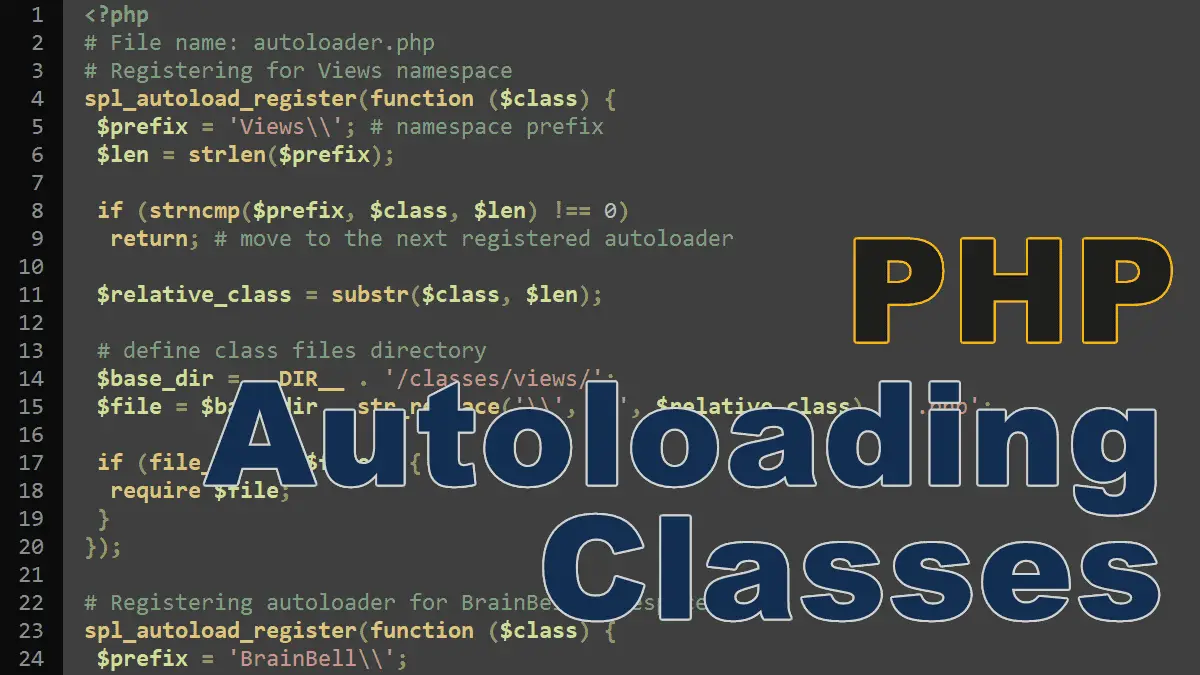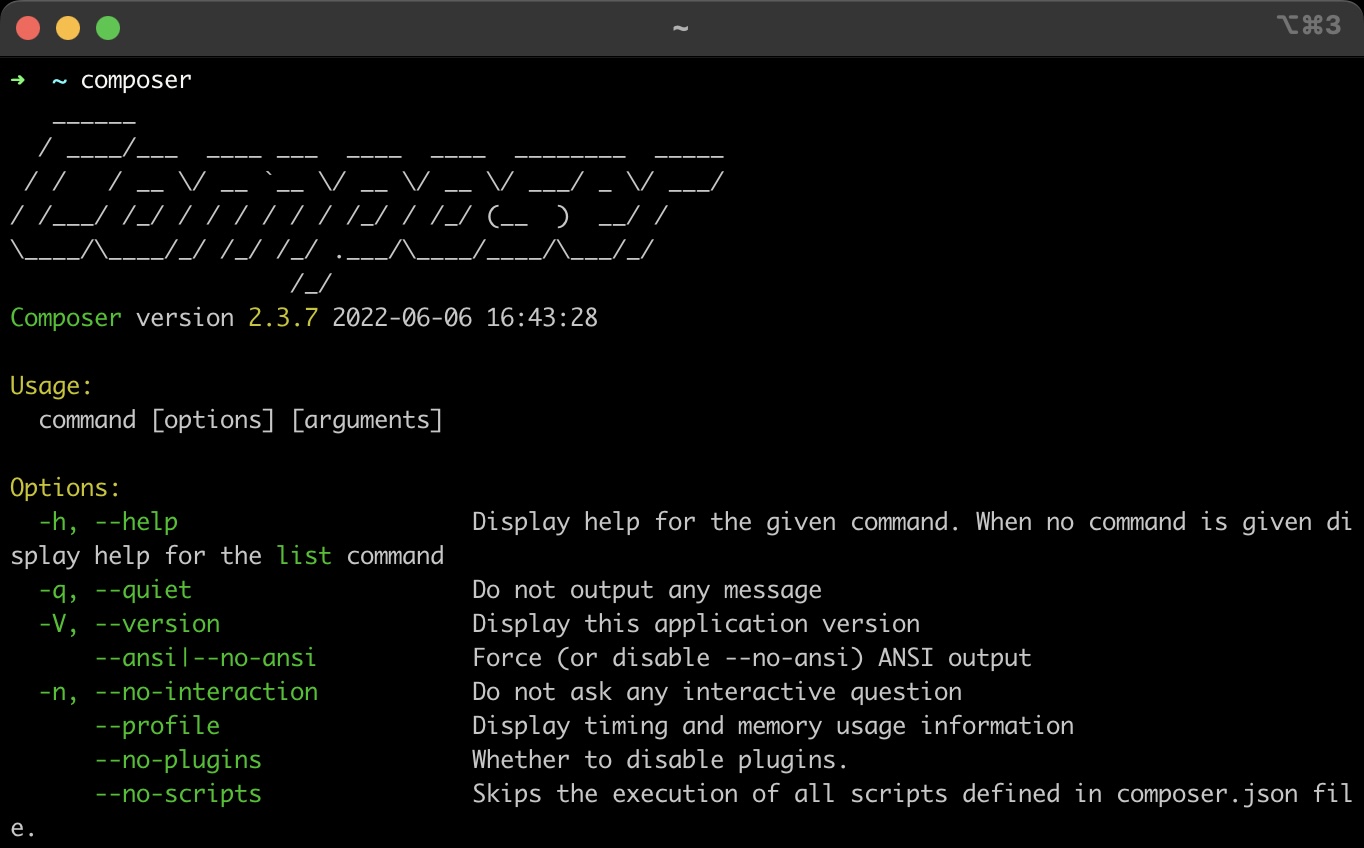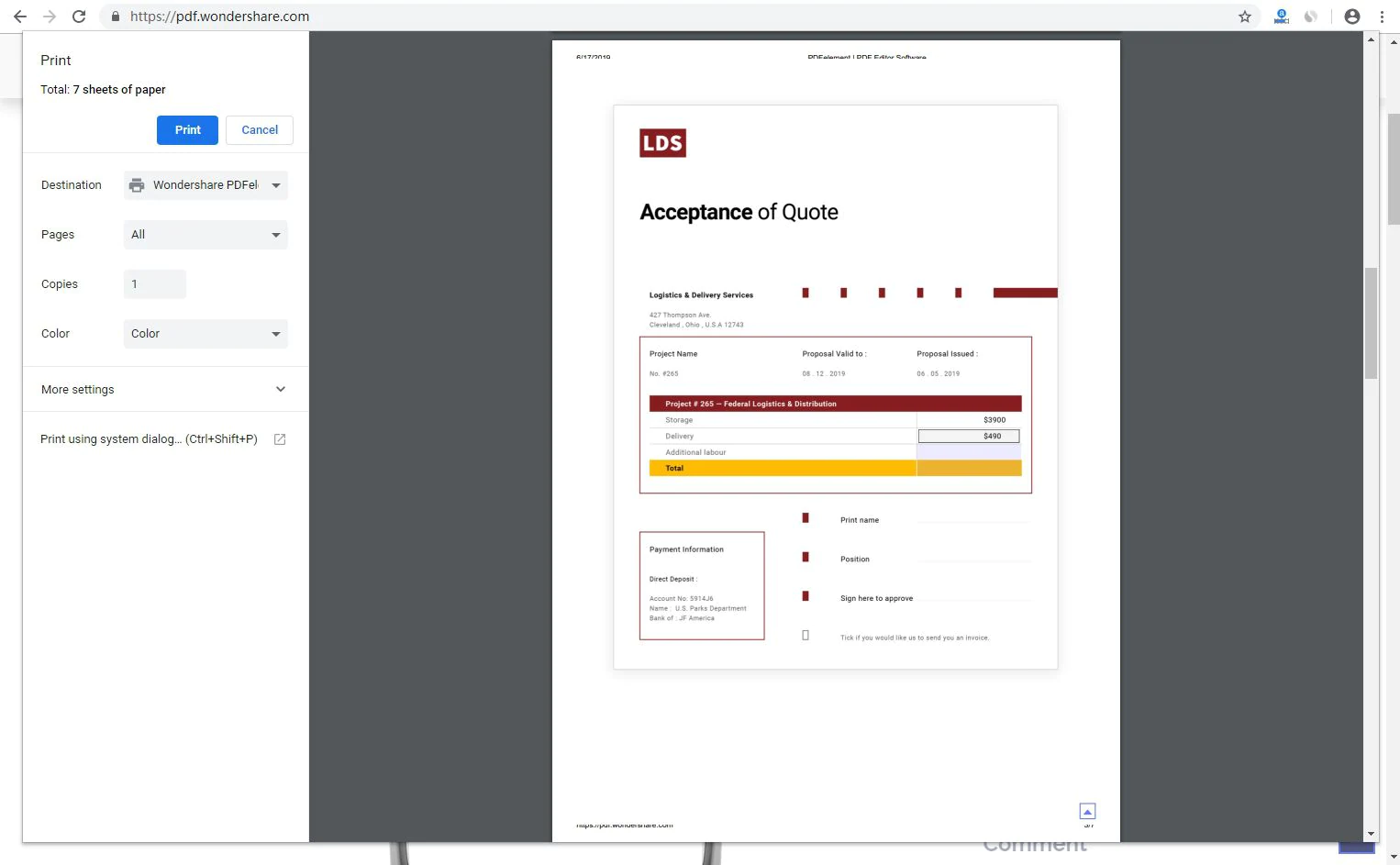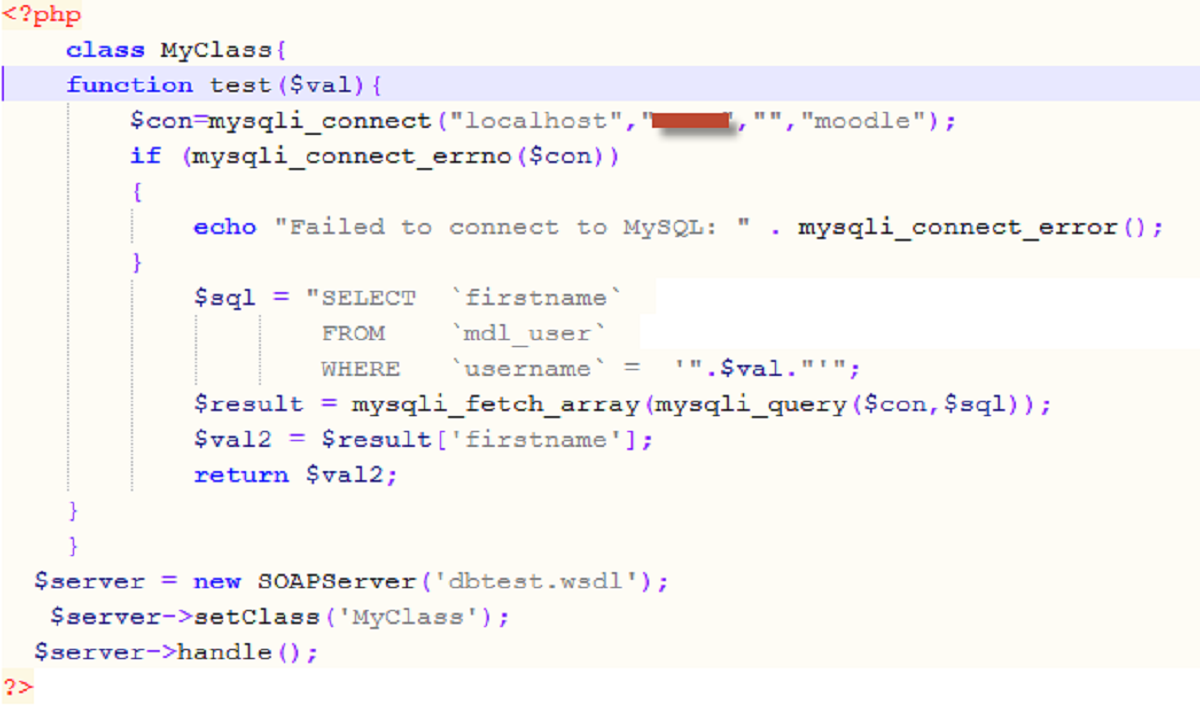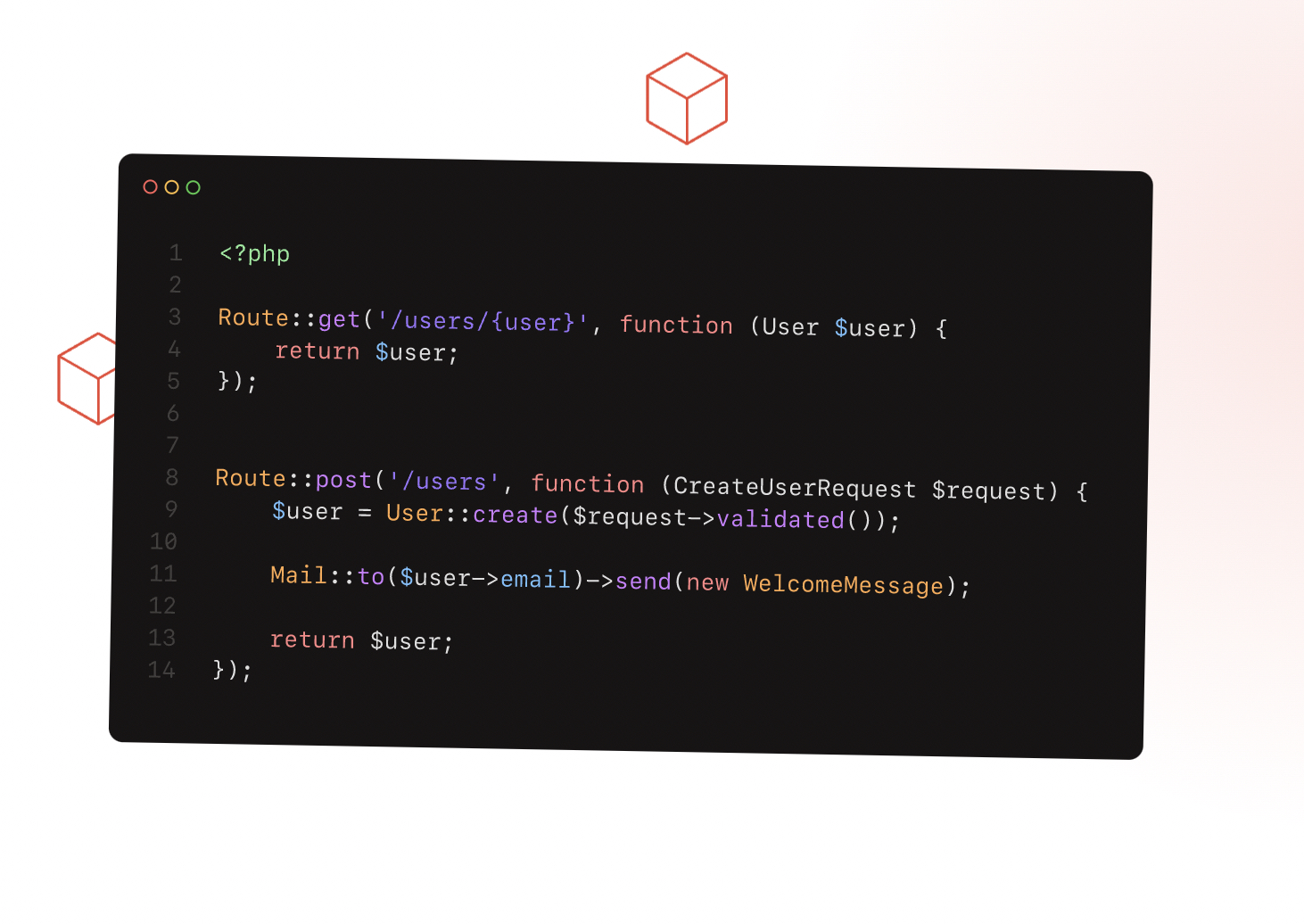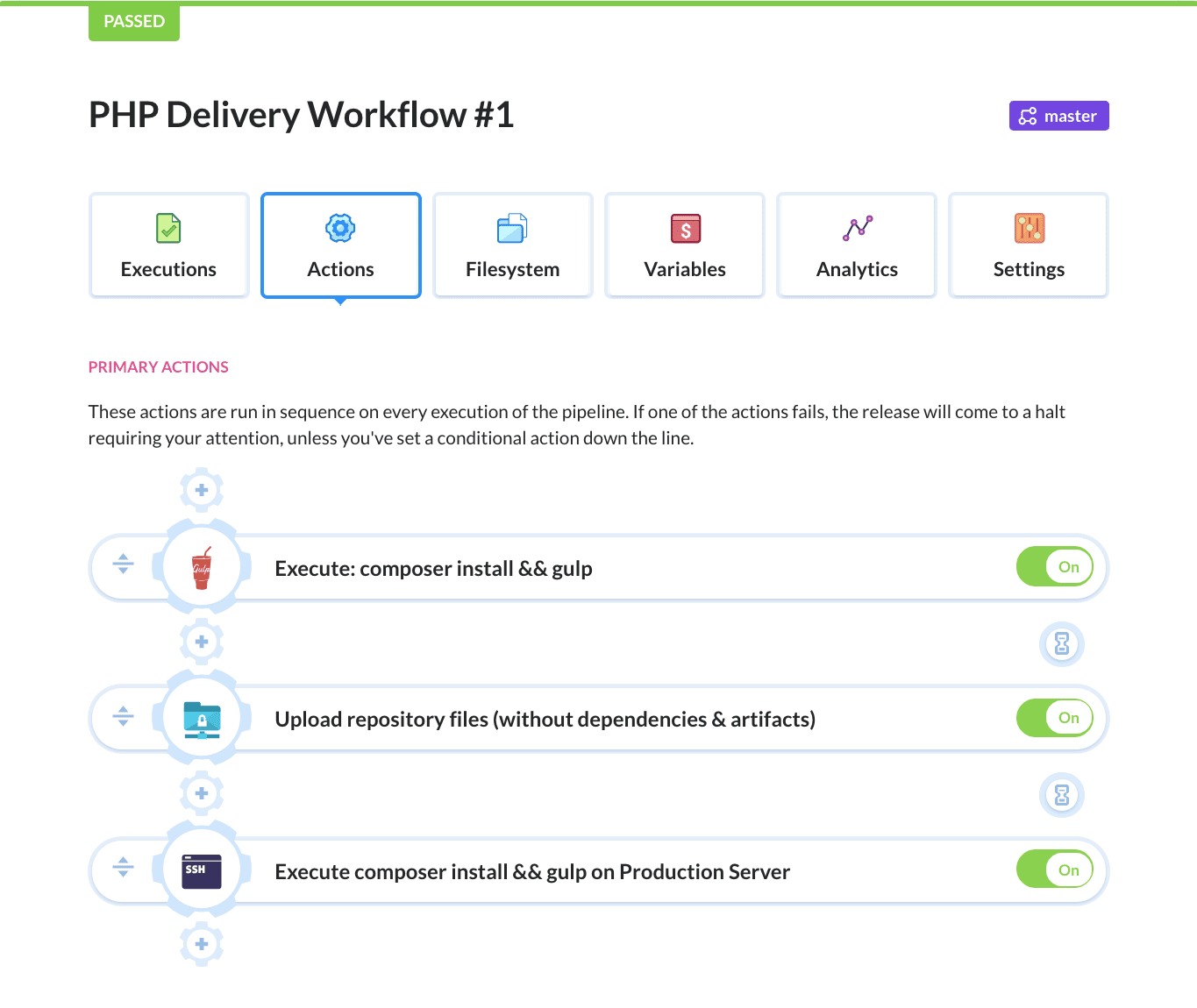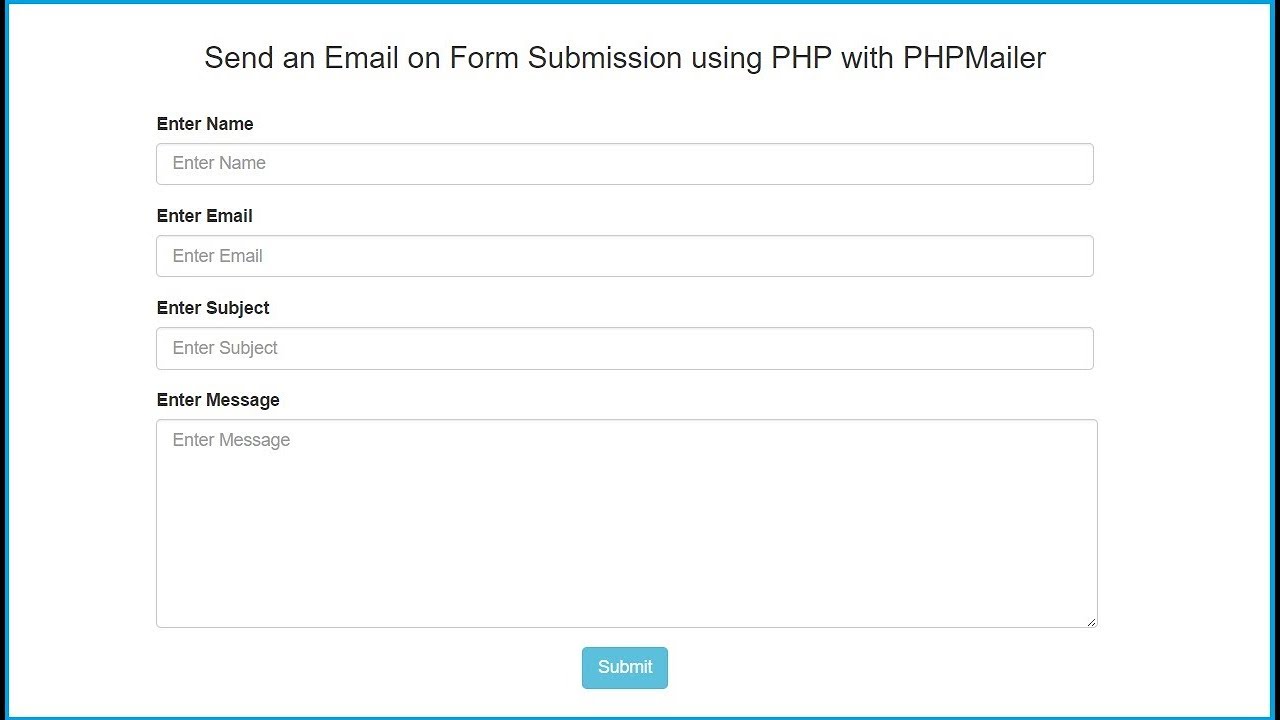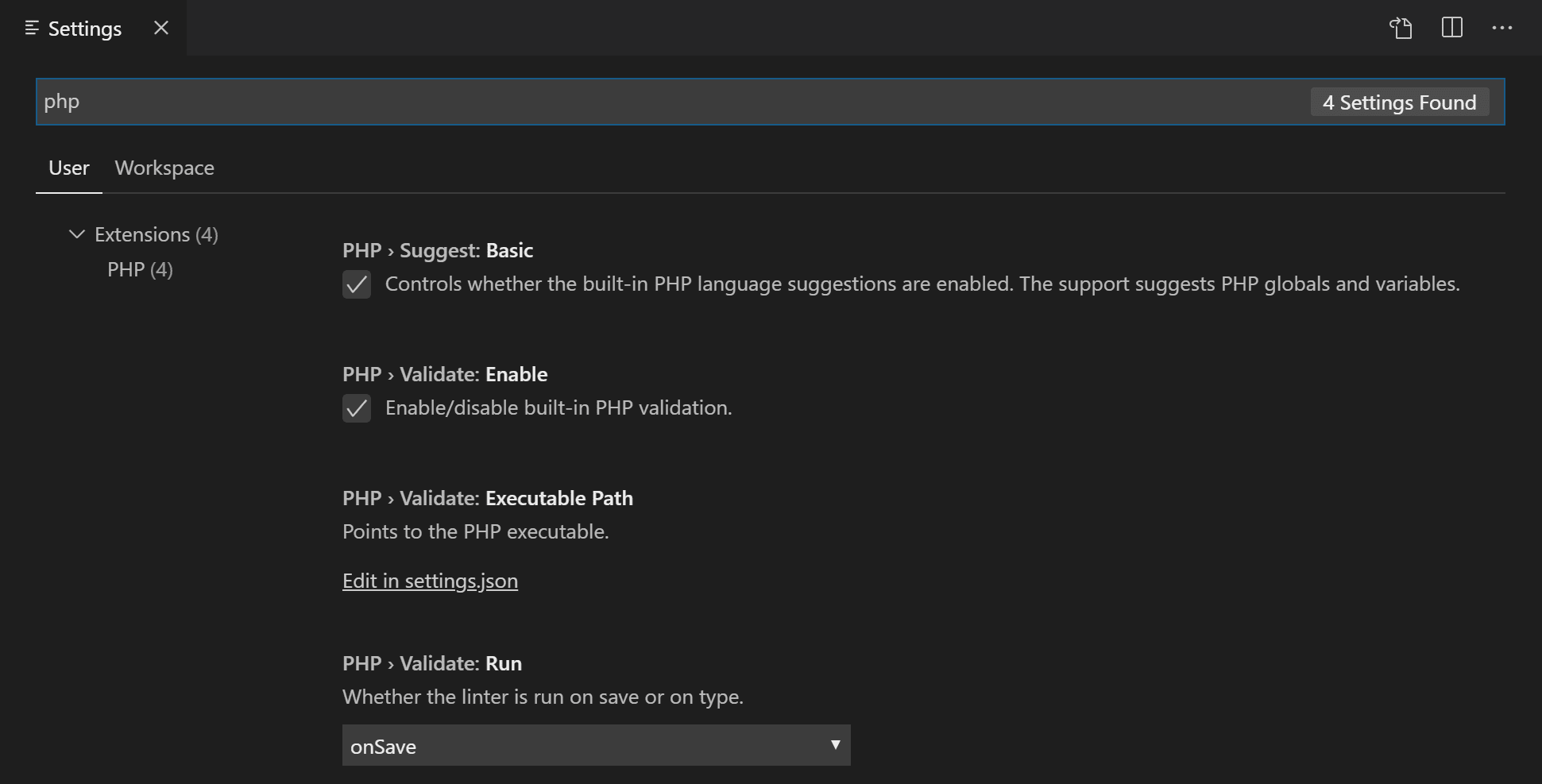Introduction
Welcome to the world of PHP autoloading! In this article, we will explore the concept of autoloading in PHP and its significance in web development. If you have been coding in PHP for a while, you may have come across the need to include multiple class files in your project. Manually including these files can be tedious and time-consuming, especially as your project grows larger. This is where autoloading comes to the rescue.
Autoloading is a mechanism that automatically includes class files when they are needed, without requiring explicit inclusion statements in your code. It simplifies the process of managing dependencies and ensures that the right classes are included at the right time. In this article, we will dive into various autoloading techniques in PHP and discuss how they can be implemented.
Before we delve deeper into the concepts of autoloading, let’s understand why it is essential in PHP development. As your project grows in size and complexity, you may find yourself using more and more classes to organize your code. Without autoloading, you would need to manually include each class file using the require or include statements. This not only clutters your code but also increases the risk of human error, such as forgetting to include a necessary file or including the same file multiple times.
Autoloading eliminates these problems by automatically including the required class files based on the class name and file naming conventions. This makes your code more concise, organized, and maintainable. Additionally, autoloading allows for better separation of concerns and promotes code reusability by providing an easy way to include external libraries and third-party packages.
PHP provides a few different methods for implementing autoloading, each with its own benefits and purposes. These methods include the __autoload() magic function, the spl_autoload_register() function, and the widely-used Composer dependency manager. We will explore each of these methods in detail, along with their advantages and best use cases.
So, if you’re tired of manually including class files in your PHP projects, stick with us as we unravel the mysteries of PHP autoloading. By the end of this article, you will have a solid understanding of how to implement autoloading in your projects and enjoy the benefits it brings to your PHP development workflow.
What is Autoloading in PHP?
In PHP, autoloading is a mechanism that automatically includes the necessary class files when they are needed, without requiring explicit inclusion statements in your code. It saves developers from the hassle of manually including each class file and ensures that the correct files are included at the right time.
Autoloading is based on the principle of class autoloading, which allows the PHP interpreter to automatically search for and load the necessary class files when they are used in your code. This functionality is particularly important in object-oriented programming, where classes are the building blocks of your code structure. Without autoloading, you would need to manually include each class file using the require or include statements, which can become cumbersome and error-prone as your project grows larger.
When a class is used in your code, PHP’s autoloading mechanism is triggered. It searches for the class file based on predefined rules and naming conventions, and automatically includes the file if found. The autoloading process is transparent to the developer, allowing you to focus on writing your code rather than managing the inclusion of class files.
Autoloading in PHP is especially useful for managing dependencies in your projects. It allows you to easily include external libraries, frameworks, and packages without having to manually include their individual files. This not only saves time and effort but also promotes code reusability and modularity, as you can quickly integrate third-party code into your project with minimal configuration.
Implementing autoloading in your PHP projects improves code organization and maintainability. It helps to avoid naming conflicts and allows for better separation of concerns by only including the necessary files when they are needed. Autoloading also provides performance benefits, as only the required files are loaded into memory, instead of loading all class files upfront.
Overall, autoloading in PHP is a powerful feature that simplifies the management of class files and enhances the efficiency and readability of your code. By leveraging autoloading techniques, you can streamline your development workflow, reduce the risk of errors, and focus on writing clean and concise PHP code.
Why Use Autoloading?
Autoloading is a critical feature in PHP development that offers numerous advantages for developers. Let’s explore some of the key reasons why using autoloading is beneficial:
1. Efficiency: Manually including each class file can be time-consuming and inefficient, especially in large projects with multiple dependencies. Autoloading automates this process, ensuring that the necessary class files are included only when they are needed. This improves the performance of your application by reducing unnecessary file inclusions and optimizing memory usage.
2. Code Organization: Autoloading helps to maintain a well-structured and organized codebase. Instead of scattering include statements throughout your code, autoloading allows you to centralize the inclusion logic. This enhances the readability of your code and makes it easier to locate and manage dependencies.
3. Maintainability: With autoloading, you no longer have to manually keep track of which files need to be included. This reduces the risk of human error, such as forgetting to include a necessary file or including the same file multiple times. Autoloading also simplifies the process of adding or removing dependencies, making your code more flexible and easier to maintain over time.
4. Code Reusability: Autoloading promotes code reusability by enabling you to easily integrate external libraries, frameworks, and packages. You can simply install a package via a dependency manager like Composer and let autoloading take care of including the necessary files. This saves you from the hassle of manually including each file and allows you to leverage ready-made solutions to enhance your application functionality.
5. Better Collaboration: Autoloading enhances collaboration among developers. By using a standardized autoloading approach, such as the PSR-4 standard, team members can easily understand and navigate the codebase. Different developers can work on different parts of the project without worrying about manually including specific class files, improving productivity and reducing conflicts.
6. Compatibility: Autoloading is compatible with various PHP frameworks and CMS platforms. Whether you’re developing with Laravel, Symfony, Drupal, or WordPress, autoloading allows you to seamlessly integrate and manage class files without disrupting the framework’s internal autoloading mechanism.
In summary, autoloading is an essential tool in PHP development that brings efficiency, organization, maintainability, reusability, collaboration, and compatibility to your projects. By leveraging autoloading techniques, you can streamline your development process, enhance the performance of your applications, and focus on writing clean and maintainable PHP code.
PSR-4 Autoloading Standard
The PSR-4 (PHP Standards Recommendation) autoloading standard is a widely adopted convention in the PHP community for autoloading classes and namespaces. It provides a unified approach to structuring and including class files within a project, making it easier for developers to collaborate and share code.
Under the PSR-4 standard, class files are organized in a directory structure that mirrors the namespace hierarchy. This convention ensures that each class’s fully qualified name (including the namespace) corresponds to its physical location in the project directory.
For example, let’s say you have a class `MyApp\Utilities\Logger` within the namespace `MyApp\Utilities`. According to the PSR-4 standard, the class file for this class should be located at `myapp/Utilities/Logger.php`, relative to the project’s root directory. This structure allows autoloading to work seamlessly, as it can map namespace and class names directly to their corresponding file paths.
To use the PSR-4 autoloading standard, you need to define your autoloading rules in the `composer.json` file of your project and utilize the Composer dependency manager.
Here’s an example of how the autoloading section of a `composer.json` file might look:
json
{
“autoload”: {
“psr-4”: {
“MyApp\\”: “src/”
}
}
}
In this example, we have specified that the `MyApp` namespace will correspond to the `src/` directory in the project. The PSR-4 autoloader generated by Composer will automatically load the class files based on the namespace and class names.
When using the PSR-4 autoloading standard, it’s important to follow the naming conventions and ensure that your class files and namespaces align correctly. Failure to do so can result in autoloading errors or class files not being found.
The PSR-4 standard, with its clarity and consistency, has become the de facto standard for autoloading in PHP. It simplifies the inclusion of class files and ensures a standardized approach to autoloading across different PHP projects and frameworks.
By adopting the PSR-4 autoloading standard and leveraging the power of Composer, you can enhance the maintainability, reusability, and interoperability of your PHP projects. It enables seamless integration of third-party libraries, provides a structured and organized codebase, and simplifies the process of including class files, ultimately improving the overall development experience.
Autoloading Techniques in PHP
PHP offers several techniques for implementing autoloading in your projects, each with its own advantages and best use cases. Let’s explore some of the most popular autoloading techniques:
1. Autoloading Using __autoload(): The `__autoload()` magic function was introduced in PHP 5, allowing developers to define a custom autoloader. However, this technique is now considered outdated and has been deprecated in favor of more modern approaches.
2. Autoloading Using spl_autoload_register(): The `spl_autoload_register()` function provides a flexible and efficient way to register multiple autoloading functions or methods. It allows you to define your own autoloading logic using custom functions or class methods. This technique is versatile and can be used in various scenarios, offering more control and flexibility over class autoloading.
3. Autoloading Using Composer: Composer is a popular dependency manager for PHP that simplifies package management and autoloading. It follows the PSR-4 autoloading standard and automatically generates an optimized autoloader for your project based on the defined namespaces and directories in the `composer.json` file. Composer eliminates the need for manual autoloading configuration and makes it easy to include third-party libraries and packages in your projects.
4. Autoloading Using Composer with PSR-4: When using Composer, you can specify the PSR-4 autoloading standard in the `composer.json` file to define the mapping between namespaces and directories. Composer will generate an autoloader that follows this standard, allowing you to autoload classes based on their namespaces. This technique provides a consistent and widely adopted approach to autoloading, making it an ideal choice for most PHP projects.
Choosing the appropriate autoloading technique depends on the requirements and complexity of your project. If you have a small project with minimal external dependencies, the `spl_autoload_register()` function may suffice. On the other hand, if you are working on a larger project with numerous dependencies, leveraging Composer with the PSR-4 autoloading standard is highly recommended.
Regardless of the autoloading technique you choose, implementing autoloading in your PHP projects is essential for efficient code management, organization, and maintenance. It simplifies the inclusion of class files, reduces the risk of errors, and promotes code reusability and collaboration. By adopting the appropriate autoloading technique, you can enhance the development process and focus on writing clean and scalable PHP code.
Autoloading Using __autoload()
The `__autoload()` function is a built-in magic function in PHP that was introduced before the `spl_autoload_register()` function. It allows you to define a custom autoloader by specifying a callback function that is triggered whenever a class is referenced but hasn’t been defined yet.
When using the `__autoload()` function, you define a callback function that takes the class name as a parameter and is responsible for including the corresponding class file. This function is called automatically by PHP when a class needs to be loaded.
Here’s an example of how to define a simple autoloader using the `__autoload()` function:
php
function __autoload($className) {
// Convert the class name to the file path
$filePath = ‘path/to/classes/’ . $className . ‘.php’;
// Include the class file
require_once($filePath);
}
In this example, the `__autoload()` function takes the class name as a parameter and appends it to the file path. It then includes the class file using the `require_once()` statement.
To use the `__autoload()` function, you simply need to define it once in your codebase, and PHP will automatically call it whenever a class needs to be loaded.
However, it’s important to note that the `__autoload()` function is now considered outdated and has been deprecated in favor of the more flexible `spl_autoload_register()` function. The main limitation of `__autoload()` is that it only allows you to register a single autoloader. If multiple libraries or frameworks define their own autoloaders using `__autoload()`, conflicts can occur.
It’s recommended to use the `spl_autoload_register()` function instead, as it allows you to register multiple autoloading functions or methods. This enables better control and flexibility when dealing with autoloaders in complex projects.
In summary, the `__autoload()` function is a simple approach to autoloading classes in PHP. While it can still be used in certain scenarios, it has been deprecated in favor of the more versatile `spl_autoload_register()` function. It’s recommended to leverage the newer autoloading techniques provided by PHP, such as Composer, to ensure efficient and standardized autoloading in your projects.
Autoloading Using spl_autoload_register()
The `spl_autoload_register()` function in PHP provides a more flexible and powerful way to implement autoloading compared to the deprecated `__autoload()` function. It allows you to register multiple autoloading functions or methods, providing better control and organization of your autoloading logic.
When using `spl_autoload_register()`, you can define your own autoloader function or method and register it with PHP’s autoloading system. This function or method will be invoked automatically whenever a class needs to be loaded but hasn’t been defined yet.
Here’s an example of how to define and register an autoloader using `spl_autoload_register()`:
php
spl_autoload_register(function ($className) {
// Convert the class name to the file path
$filePath = ‘path/to/classes/’ . $className . ‘.php’;
// Include the class file
require_once($filePath);
});
In this example, we define an anonymous function as our autoloader. This function takes the class name as a parameter, converts it to the corresponding file path, and includes the class file using the `require_once()` statement.
By using `spl_autoload_register()`, you can register multiple autoloading functions or methods, which allows for more complex autoloaders and better separation of concerns. For instance, you can have different autoloading functions for different namespaces or directories within your project.
Here’s an example of registering multiple autoloaders using `spl_autoload_register()`:
php
spl_autoload_register(function ($className) {
// Autoloading logic for one namespace or directory
});
spl_autoload_register(function ($className) {
// Autoloading logic for another namespace or directory
});
In this example, we register two different autoloading functions, each responsible for loading classes from a specific namespace or directory.
`spl_autoload_register()` allows you to have more control over the autoloading process. It also integrates well with other autoloading techniques, such as Composer. By registering your custom autoloader alongside the Composer-generated autoloader, you can have a seamless and comprehensive autoloading solution.
In summary, `spl_autoload_register()` is a versatile function in PHP that enables efficient autoloading. It provides you with the ability to define and register your own autoloading functions or methods, allowing for customized loading logic and better organization of autoloaders. It is recommended to use `spl_autoload_register()` instead of the deprecated `__autoload()` function for modern autoloading implementations in PHP.
Autoloading Using Composer
Composer is a robust dependency management tool widely used in the PHP community. In addition to managing dependencies, Composer provides an effective autoloading mechanism that simplifies class inclusion and enhances code organization. By leveraging Composer’s autoloading feature, you can streamline the inclusion of class files and seamlessly integrate external libraries into your PHP projects.
To utilize autoloading in Composer, you need to define your project’s dependencies and autoloading configuration in the `composer.json` file, located at the root of your project’s directory.
Here’s an example of how the autoloading section in a `composer.json` file might look:
json
{
“autoload”: {
“psr-4”: {
“Namespace\\”: “src/”
}
}
}
In this example, we have defined the `psr-4` autoloading standard, which is widely used and recommended. We specify that classes in the `Namespace` namespace should be located in the `src/` directory.
Once you have defined your autoloading configuration, run the `composer install` command in your project’s root directory. Composer will automatically generate an optimized autoloader, which includes the defined namespaces and class directories.
After Composer has generated the autoloader, you can start using autoloading in your PHP code. Simply reference the classes as you normally would, and Composer will automatically load the required class files. For example:
php
use Namespace\ClassName;
$object = new ClassName();
Composer’s autoloader takes care of including the necessary class files based on the defined autoloading configuration. It follows the PSR-4 standard by default, ensuring a consistent and predictable autoloading experience across different PHP projects and frameworks.
In addition to the `psr-4` autoloading standard, Composer supports other autoloading standards and customization options, allowing you to adapt the autoloading mechanism to your project’s specific needs.
By using Composer’s autoloading feature, you can easily manage dependencies and autoload class files in your PHP projects. Composer simplifies the inclusion of external libraries and ensures that the necessary files are loaded on demand, optimizing performance and enhancing code organization.
It’s important to keep in mind that Composer needs to be installed on your system to utilize its autoloading capabilities. Install Composer globally or locally in your project directory to take advantage of its autoloading features.
In summary, Composer’s autoloading mechanism is a powerful tool for managing dependencies and autoload class files in PHP. By defining autoloading configurations in the `composer.json` file, Composer automatically generates an optimized autoloader, enabling seamless class inclusion. Composer’s autoloading feature greatly simplifies project setup and enhances code reusability, making it an essential tool for modern PHP development.
Autoloading Using Composer with PSR-4
Composer is a powerful dependency management tool for PHP, and when combined with the PSR-4 autoloading standard, it provides a seamless and efficient autoloading solution for your PHP projects.
PSR-4 is a widely adopted autoloading standard in the PHP community. It defines a naming convention and directory structure that links class names to file paths, allowing for automatic class inclusion based on namespaces. By adopting PSR-4, you can ensure consistency and interoperability in your autoloading implementation.
To use PSR-4 autoloading with Composer, you need to define your autoloading configuration in the `composer.json` file at the root of your project:
json
{
“autoload”: {
“psr-4”: {
“Namespace\\”: “src/”
}
}
}
In this example, whenever a class from the `Namespace` namespace is referenced, Composer will look for the corresponding file in the `src/` directory. The class file should be named according to the PSR-4 convention (e.g., `ClassName.php`).
After defining the autoloading configuration, run `composer install` in your project’s directory. Composer will generate an autoloader script that maps class names to their corresponding file paths based on the PSR-4 configuration.
Once the autoloader script is generated, you can start leveraging the PSR-4 autoloading mechanism in your PHP code. Simply reference the class using its namespace, and Composer will automatically include the required class file. For example:
php
use Namespace\ClassName;
$object = new ClassName();
The autoloading process is transparent to your code, as Composer takes care of loading the necessary class files behind the scenes. This eliminates the need to manually include class files and simplifies the management of dependencies.
Composer with PSR-4 autoloading provides several benefits for your development workflow. It ensures consistent naming and directory conventions, making it easier to locate and include class files. The autoloading mechanism improves code organization and maintainability, as classes are included only when they are needed. Furthermore, Composer’s ability to manage dependencies seamlessly enhances code reusability and promotes collaboration.
It’s worth mentioning that Composer’s PSR-4 autoloading is widely supported by various PHP frameworks and libraries. Whether you’re working with Laravel, Symfony, or any other modern PHP framework, leveraging Composer’s autoloading capabilities with PSR-4 ensures compatibility and streamlines the integration of external packages.
In summary, utilizing Composer’s powerful dependency management and autoloading features, combined with the PSR-4 autoloading standard, provides an excellent solution for managing class inclusion in your PHP projects. By following the PSR-4 convention and using Composer’s autoloader, you can enhance code organization, promote code reuse, and simplify the management of project dependencies.
Conclusion
Autoloading is a crucial aspect of PHP development that simplifies the process of including class files and enhances the organization and maintainability of your code. By implementing autoloading techniques, you can eliminate the need for manual inclusion statements, reduce the risk of errors, and streamline the management of dependencies in your projects.
In this article, we explored different autoloading techniques in PHP. We started by understanding the concept of autoloading and its importance in managing class files. We then delved into the PSR-4 autoloading standard, which provides a unified approach to naming conventions and directory structures in PHP autoloading.
We discussed the `__autoload()` function and its limitations, and highlighted the advantages of using the `spl_autoload_register()` function for registering autoloading functions or methods. We also explored the powerful autoloading capabilities provided by Composer, a widely used dependency management tool in the PHP ecosystem.
By leveraging Composer with the PSR-4 autoloading standard, you can effortlessly handle class inclusion, manage dependencies, and ensure consistency and interoperability in your projects. Composer’s autoloading feature simplifies the integration of external libraries and promotes code reusability, while adhering to the standardized PSR-4 convention.
Whether you choose to use `spl_autoload_register()`, Composer, or a combination of both, implementing autoloading in your PHP projects offers numerous benefits. It improves code organization, enhances maintainability, promotes code reusability, and streamlines the inclusion of external libraries and packages.
As you continue your PHP development journey, mastering the art of autoloading will undoubtedly contribute to your efficiency and productivity. Make use of the appropriate autoloading technique based on the requirements of your project and leverage the power of tools like Composer to simplify your development workflow.
By embracing autoloading best practices, you can elevate your PHP projects to new heights, delivering high-quality code that is clean, maintainable, and scalable.







